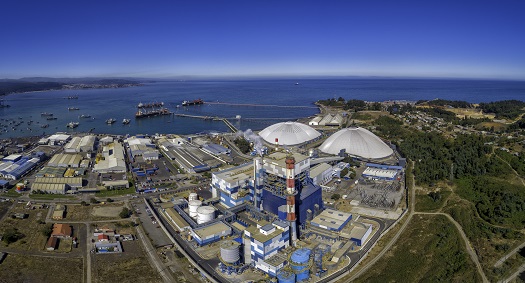
Is Chile On Track to Become Carbon Neutral By 2050?
An Energy Advisor Q&A featuring experts’ takes on the progress of Chile’s transition toward renewable energy.
An Energy Advisor Q&A featuring experts’ takes on the progress of Chile’s transition toward renewable energy.
A Latin America Advisor Q&A featuring experts’ views on the Trump administration’s decision to withdraw from the World Health Organization.
A Latin America Advisor Q&A featuring experts’ takes on investors’ threats to divest from Brazil if the government does not do more to protect the Amazon rain forest.
A Financial Services Advisor Q&A featuring experts’ takes on the future of environmental, social and governance, or ESG, investing in Latin America and the Caribbean.
A Latin America Advisor Q&A featuring experts’ takes on food insecurity in the region amid Covid-19 and the role of the government, the private sector and multilateral organizations in ensuring citizens have access to food.
Dialogue member Susana Malcorra, dean of the School of Public and Global Affairs at IE University, has published a new book titled In Pursuit of What Matters: Passion for the Bottom Line.
Do schools in Latin America and the Caribbean have enough government funding and resources to both educate students and protect their health amid Covid-19?
The sustained success of China’s model, despite its often-referenced drawbacks, will force a continued referendum on democracy. Even the strongest of democratic systems will be forced to confront their vulnerabilities and inefficiencies.
Some governments in Latin America imposed early preventive measures and mobilized health systems to meet the threat of Covid-19. Meanwhile, others with populist national leaders have done very little to prepare for or otherwise mitigate the epidemic.
How can innovation and technology be deployed in Colombia in education, health, financial services and other areas affected by the health and economic crises?
Enrique García, economist and former president of the CAF – Development Bank of Latin America, has published a new book titled Development and Cooperation in Latin America: The Urgent Need for a Renewed Strategy. It is the seventh volume published in the José Bonifácio Chair collection at the University of São Paulo.
In what ways is Covid-19 affecting informal workers in the Americas, and which governments have implemented the best measures to protect informal sectors, both in terms of health care services and economic relief?
Political changes are shaping the outlook in many of South America’s smaller and emerging oil and gas producers, including Guyana, Suriname, Ecuador, Peru and Bolivia. At a webinar co-hosted by the Inter-American Dialogue and the National Capital Area Chapter of the United States Association for Energy Economics (NCAC-USAEE), panelists discussed how political developments and the oil price decline are likely to impact producers in the region.
How are Latin American and Caribbean nations coping with the spread of the new coronavirus?
What role can hydrogen play in Latin America and the Caribbean’s energy transition?
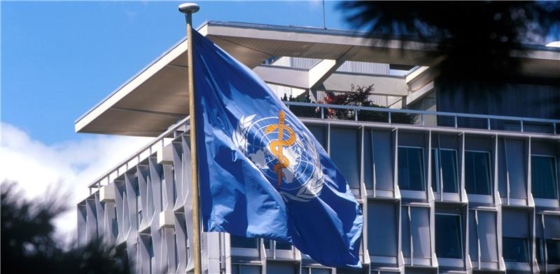
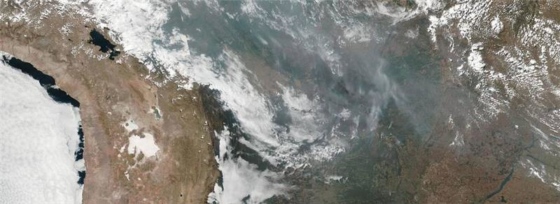

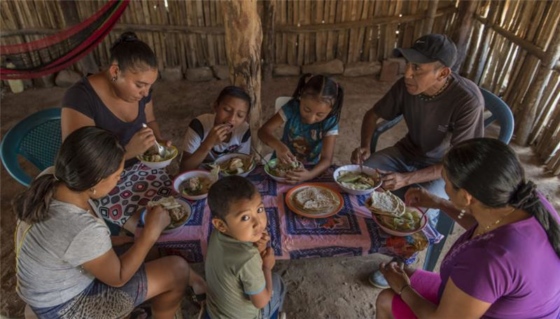
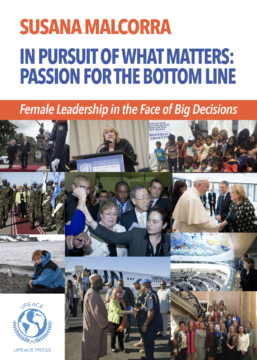
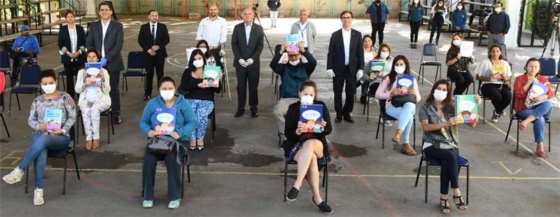
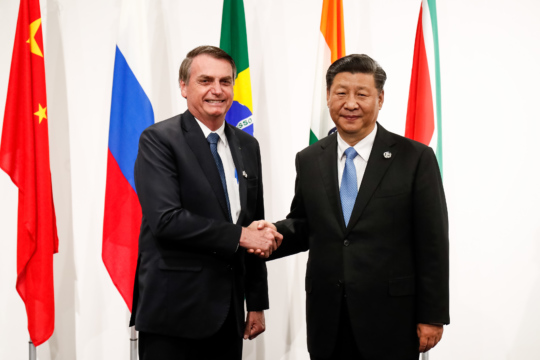
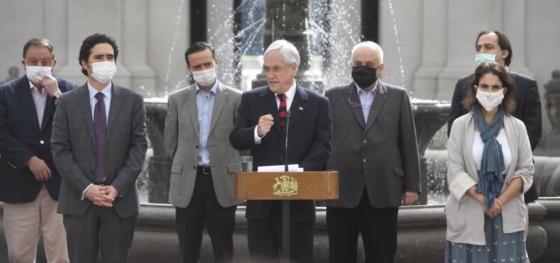
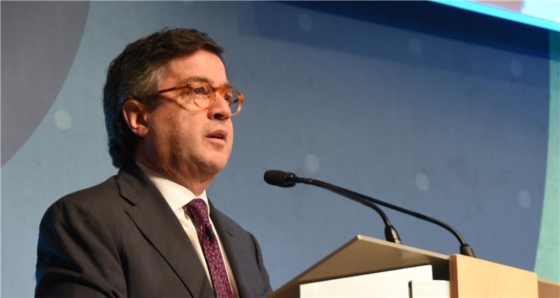
 Video
Video
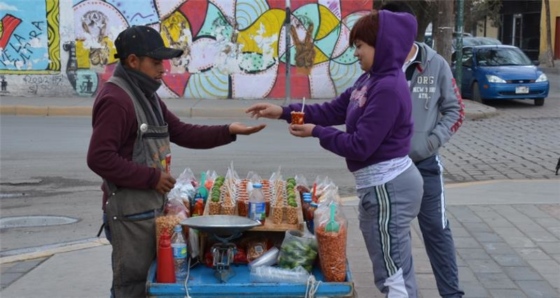
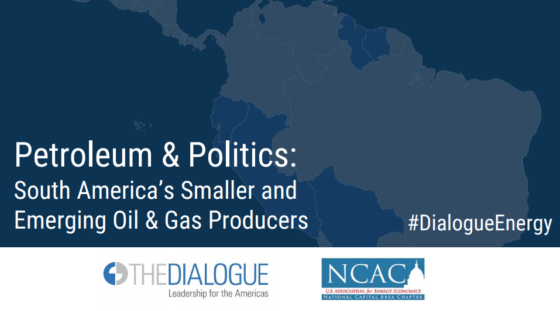 Video
Video

